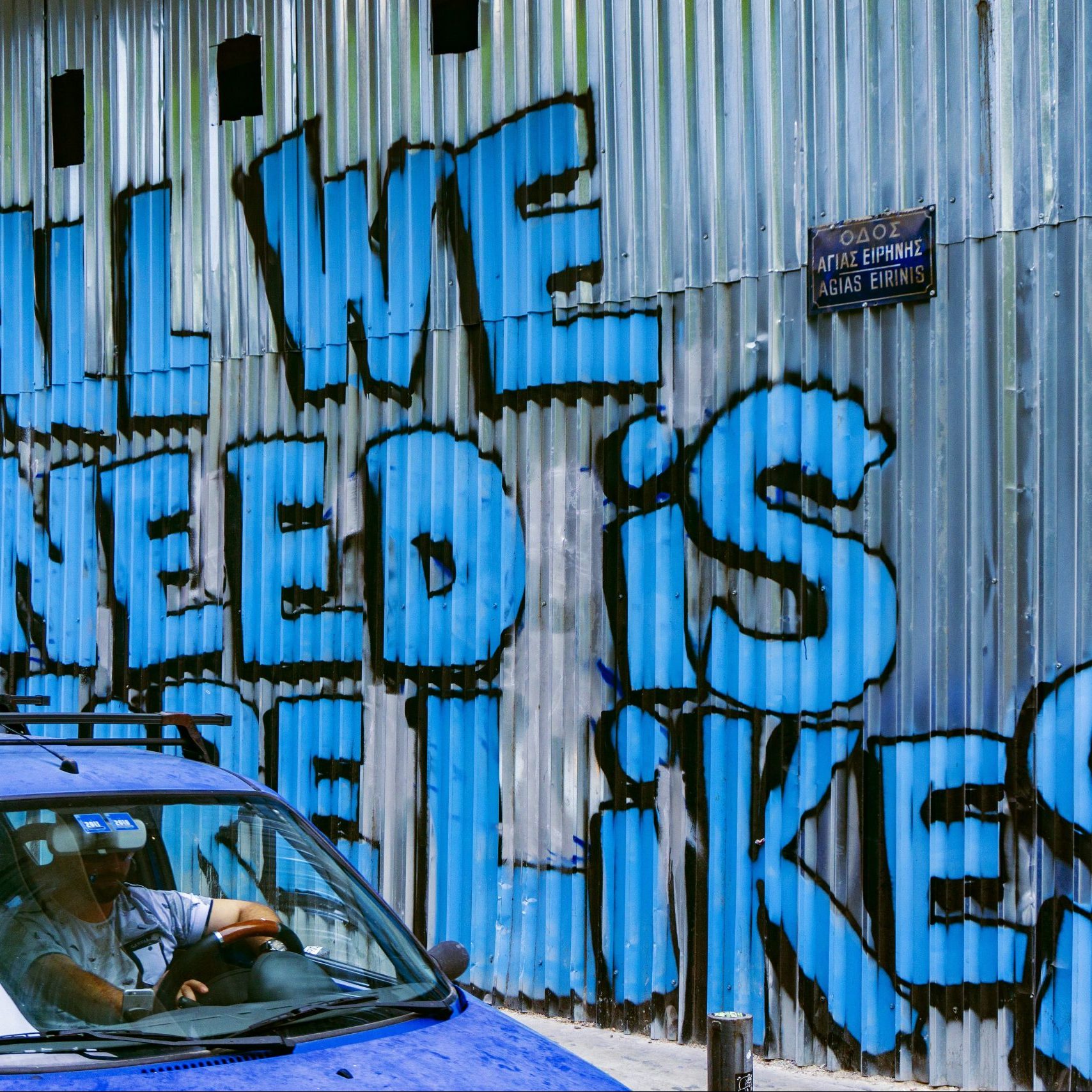- 337 Posts
- 2.68K Comments

 3·11 hours ago
3·11 hours agoAll of that is a large, large amount of capital expenditure, and the people who can put that money down will want solid assurances that the Venezuela arrangement will continue for years and decades.
Right and I think Trump doing this was mainly about introducing instability into Venezuela to reduce the likelihood foreign investors will help make this happen that aren’t US companies, and I don’t think US oil companies by and large want oil supply to increase on the world market.

 3·12 hours ago
3·12 hours agoYeah it is definitely about more than the oil, but insofar as it is about oil I am completely unconvinced this is actually about pumping more oil, it doesn’t make basic sense in the context of the oil market and the glut of US oil production supply being extremely poorly positioned for the current oil market.
This only makes sense if Trump is trying to keep oil prices from dropping further, not drive them down even more.

 5·14 hours ago
5·14 hours agoTheir business is B2B now.
That and mass surveillance such as with Palestine and Microslop’s Azure used by Israel to obscure individual culpability in deciding who to murder next.

 1·14 hours ago
1·14 hours agoDo you honestly think blanket restrictions on alcohol and cigarettes etc… actually work? In my experience they don’t.
Further this is a moral panic and distraction from actually addressing the problems, it will do nothing to keep kids safe and will just backfire when they search out even less safe alternatives.

 8·2 days ago
8·2 days agoMicroslop: The Genocide Computing Company

 4·2 days ago
4·2 days agoBut I don’t know how hard it actually is to gun down a drone
For an attack helicopter with a turret, trivial especially if automated targetting assistance is integrated.
I fear theory vs reality in this one. If a couple helicopter pilots are trying to save a city, they may not have the bandwidth to deal with all th drones in the airspace at once and get too close, even with vastly superior technology.
To be clear I think the future is helicopters + drones not one or the other so the question to me this scenario poses is why didn’t the helicopters have a screen of protecting cheap loiter/surveillance drones or interceptors already in the air waiting?
I am sure this kind of thing will eventually happen, I just doubt it will be broadly effective.

 6·2 days ago
6·2 days agoYeah, this is definitely dangerous but it doesn’t solve the true problem which is how is the target sensed? A helicopter or aircraft hunting these unmanned aircraft should be carrying much more powerful sensing equipment than these drones can could so for this to work something forward must sense the target which may be a viable tactic but in my opinion it still relies on Ukrainian interceptors to let their guard down to work.

 3·2 days ago
3·2 days agoWhile I do not agree with the abduction of Venezuela’s leader, especially with such a hazy unclear plan of what to do next, it is incredible how much the strike undermines critical Russian air defense doctrine and technology issues to the point that I have to wonder whether they can truly consistently protect anyone or anything outside of a shrinking circle where the elite of Russia reside.
Maybe most Venezuelan air defense crews and military were bribed? Even in the event of that, it is a stunning example of how air defense is a multi-dimensional thing that you can’t fail at any level on or else the entire thing collapses.

 2·2 days ago
2·2 days agoFollowing the surgery, the wounded servicemember was transported to shore using boats previously donated as part of the “Boats for HUR” initiative, aimed at equipping Ukraine’s military intelligence forces with watercraft for operations and evacuation.

 2·3 days ago
2·3 days agoIn my opinion no and that is the point.
Drive up prices by artificially constricting supply…

 11·3 days ago
11·3 days agodeleted by creator

 28·3 days ago
28·3 days agoIf the US faces no consequences for the invasion of Venezuela, experts believe it could embolden other countries to carry out operations which may contravene international law.
“The most obvious consequence is that China will take the opportunity to invade Taiwan,” Robertson said. “This is the most appropriate time for it to do so, bolstered by the precedent of Trump’s invasion of Venezuela and of course his appeasement of Russia in its invasion of Ukraine. In fact, I would say that Trump’s invasion of Venezuela is the crime of aggression, the same crime Putin has committed by invading Ukraine.”
This is an overthrow of a foreign government. It’s an act of war. It is an open-ended declaration of foreign occupation. And as all at the microphone either proudly declared and reluctantly admitted, it was pulled off without consultation with anyone outside their little circle.
That’s what’s impeachable. If Trump understood what he was saying, he was violating all concepts of checks-and-balances. If he didn’t understand, he is incapacitated.

 20·4 days ago
20·4 days agoIf the only choice you ever make is to fold than what meaning can time possibly have for you anyways? Every moment is every other moment, all one synchronous performance of cowardly capitulation to fascism.

 21·4 days ago
21·4 days agoThe enemy of your enemy… can still be your enemy.

 5·4 days ago
5·4 days agoShitting pants, “acing” dementia tests and arbitrarily toppling the governments of other nations.

 4·4 days ago
4·4 days agoproof stocks are about a certain category of peoples’ feelings

 61·4 days ago
61·4 days agoSame as it ever was

 22·4 days ago
22·4 days agoOk… surely then it would just cost less to install a harmless dark smoke emitter at the top of the coal powerplant cooling stack and hire a bunch of actors to pretend they are running a coal powerplant and just let Trump think it is still open right?
Seriously, is anyone in the Trump administration actually even smart enough to tell?
Invest the money saved in more cost efficient alternative energy and everybody wins! Including actors! They need jobs too…
I mean honestly it would be a perfect job for Homer Simpson and what could be more American than that?














WATCH!